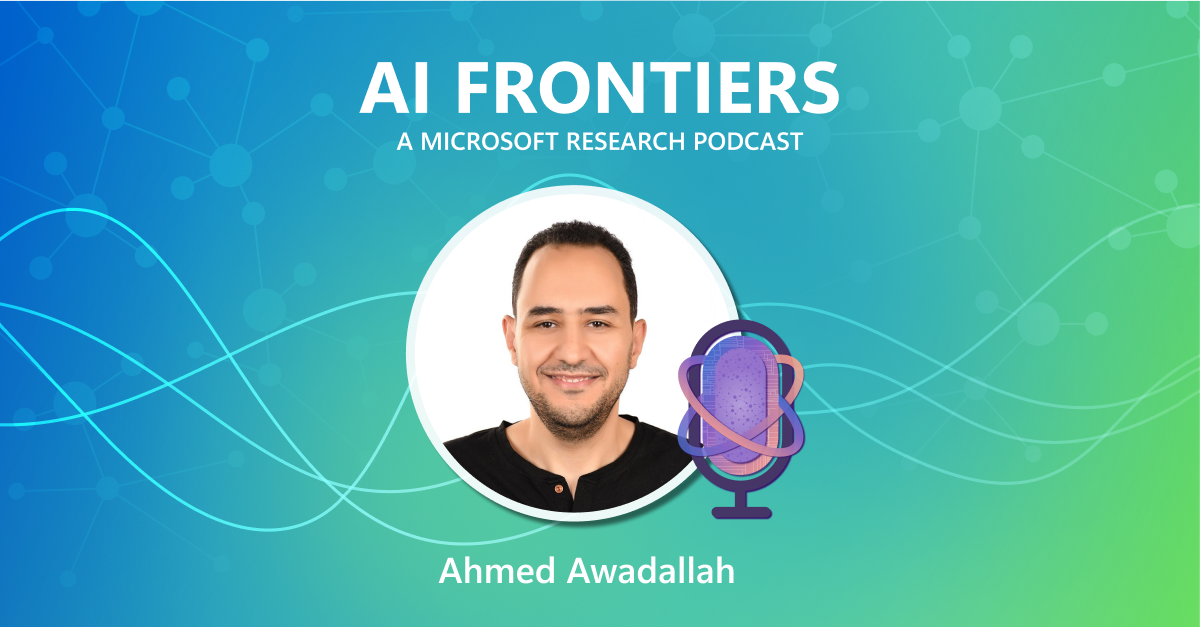Throughout the world, women are vastly underrepresented in computer science and technology fields. In Asia, females make up only 20 percent of the computer science workforce—a situation that is unlikely to change unless we can convince girls that careers in STEM (science, technology, engineering, and math) are not just appropriate but highly rewarding pursuits for women.
It was with this goal in mind that Microsoft Research sponsored its 2014 International Women’s Hackathon, a three-day event that connected women on college campuses around the world, including those in Korea and Japan. The sponsors identified five goals for the event:
- To connect women from universities across the world
- To build tools to help NGOs make an impact for women
- To be part of a movement that encourages and cultivates innovative women globally
- To gain international visibility
- To help women learn programming and gain experience in designing user-friendly applications

International Women’s Hackathon in Korea
MICROSOFT RESEARCH PODCAST
AI Frontiers: The future of scale with Ahmed Awadallah and Ashley Llorens
This episode features Senior Principal Research Manager Ahmed H. Awadallah, whose work improving the efficiency of large-scale AI models and efforts to help move advancements in the space from research to practice have put him at the forefront of this new era of AI.
In Korea, where the STEM fields are recognized as a driving force in economic growth, Yonsei University served as the host campus for the International Women’s Hackathon. More than 50 female students from 10 major universities—including Yonsei University, Pohang University of Science and Technology (POSTECH), and Ewha Womans University—gathered on Yonsei’s International campus in Songdo, working tirelessly to develop their skills in planning and developing applications. The participants not only planned their projects and wrote the code, they also pitched their ideas via video presentations. Their innovative projects included apps that promoted women’s networking, science education for women, STEM education in general, as well as an app that prevents drivers from texting while they’re behind the wheel.
A panel of five judges, all highly regarded professors in IT-related research areas, selected the top two teams and also conferred an award for the team with the best original idea. The first prize went to Yonsei University’s Bamsaem-Sarang team. (The name means, “loves working overnight,” which tells you something about their dedication to the project!) This team developed an app called Zookeeper, which teaches coding via an easy-to-use, Sudoku-like game. The app’s use of “gamified” learning—borrowing techniques that have been employed to teach Korean youngsters English—makes learning fun rather than drudgery. Youngseon Na, a member of the winning team, spoke about the importance of the impact of the women’s hackathon. “Some of my friends have doubted whether I could succeed in science and engineering because I’m a woman, but I don’t think gender matters if I’m happy and doing what I want. I felt really happy during this competition—excited to be coding under a 24-hour deadline, and enjoying the experience of self-development.”

The winning Bamsaem-Sarang team: Yeong-seon Na, Hyo-jeong Kim, Hong-ju Lee, and Gwang-seon Kim (mentor)
Meanwhile, in Japan, the International Women’s Hackathon was hosted at Ochanomizu University, one of the country’s most prestigious women’s universities. Women graduates and undergraduates from several Japanese universities, including a contingent from Waseda University and Tokyo Institute of Technology, gathered for the event. On day one, they were treated to a keynote address from Dr. Hitomi Tsujita, an alumna of Ochanomizu University and the founder and CEO of an outsourcing startup. She motivated the students, telling them of her experiences as a visiting researcher at Georgia Tech in the United States and describing how she achieves work-life balance as the mother of two and the CEO of a startup.

International Women’s Hackathon in Japan
After getting to know one another, the attendees formed themselves into five teams and then spent the remainder of day one and all of day two hacking away at their projects. On day three, a panel of three eminent professors selected Team Kudaran as the overall winner, for their creation of COSMOS the Witch Girl, an authoring tool that enables teachers to create simple games and stories that teach science concepts. The judges were especially impressed by the quality and scalability of the application.

Winning Kudaran team
Those of us at Microsoft Research are very pleased to have played a role in helping young women around the world see the potential in computing and technology careers. The Korean and Japanese participation in the International Women’s Hackathon helped excite female students about science and engineering and set the stage for the further cultivation of innovative, technology-minded women leaders.
—Miran Lee, Principal Research Program Manager, Microsoft Research Asia
—Noboru Kuno, Research Program Manager, Microsoft Research Asia
Learn more

